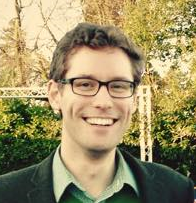Over a million people every day use NHS services to access support from GPs, community health services, mental health teams, or hospitals.
Delivering care on this scale requires a complex ecosystem of administrative processes that outstrips anything else in the UK state. From accessing treatments to collecting prescriptions, patients must navigate a range of front-line care delivery and administration processes.
Administrative Fairness in Healthcare explores the role of these processes in healthcare delivery and their impact on those accessing treatment. We ask:
- Do patients’ experience of navigating healthcare systems impact their willingness to engage with treatment or seek future support?
- Are poor experiences where people feel unfairly treated associated with negative consequences and worse health outcomes?
- How can these services address rising demand despite rising costs and a limited workforce?



 (1).jpg)
 (1).jpg)